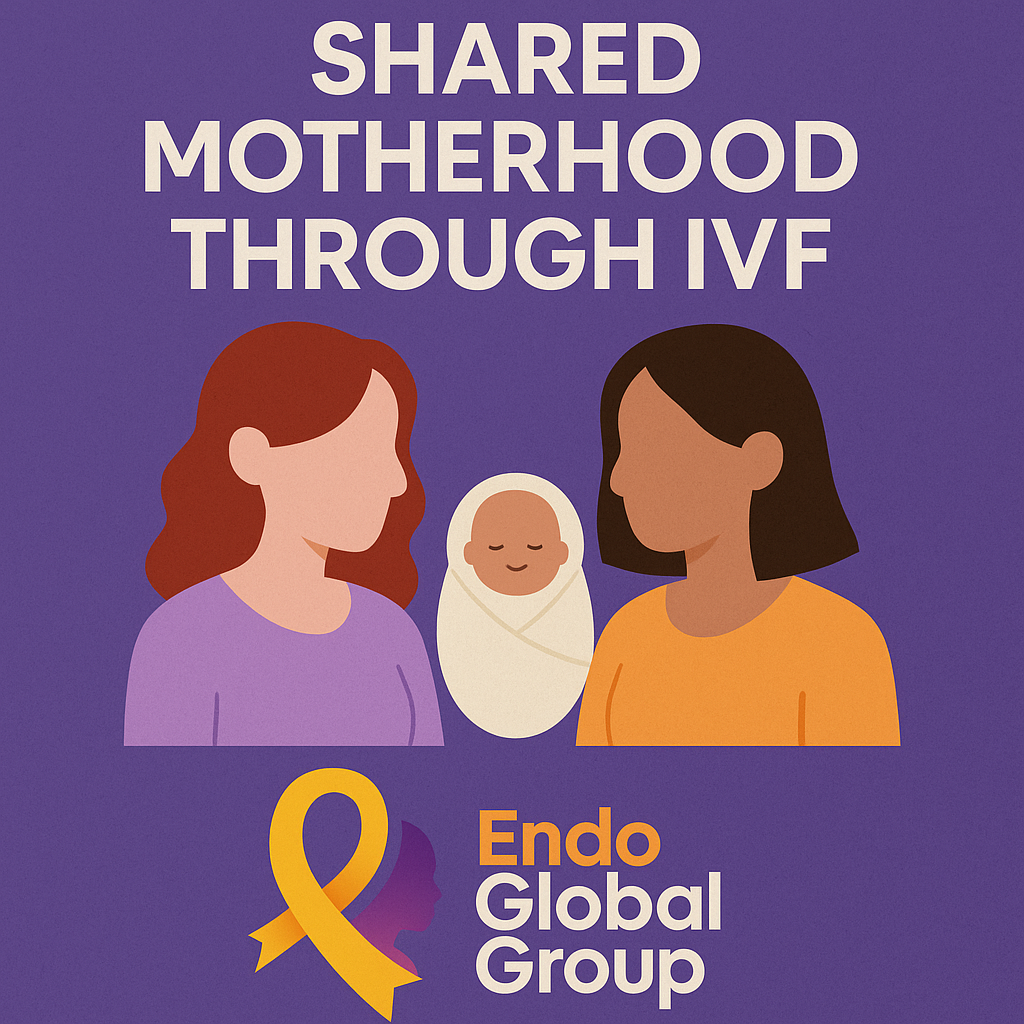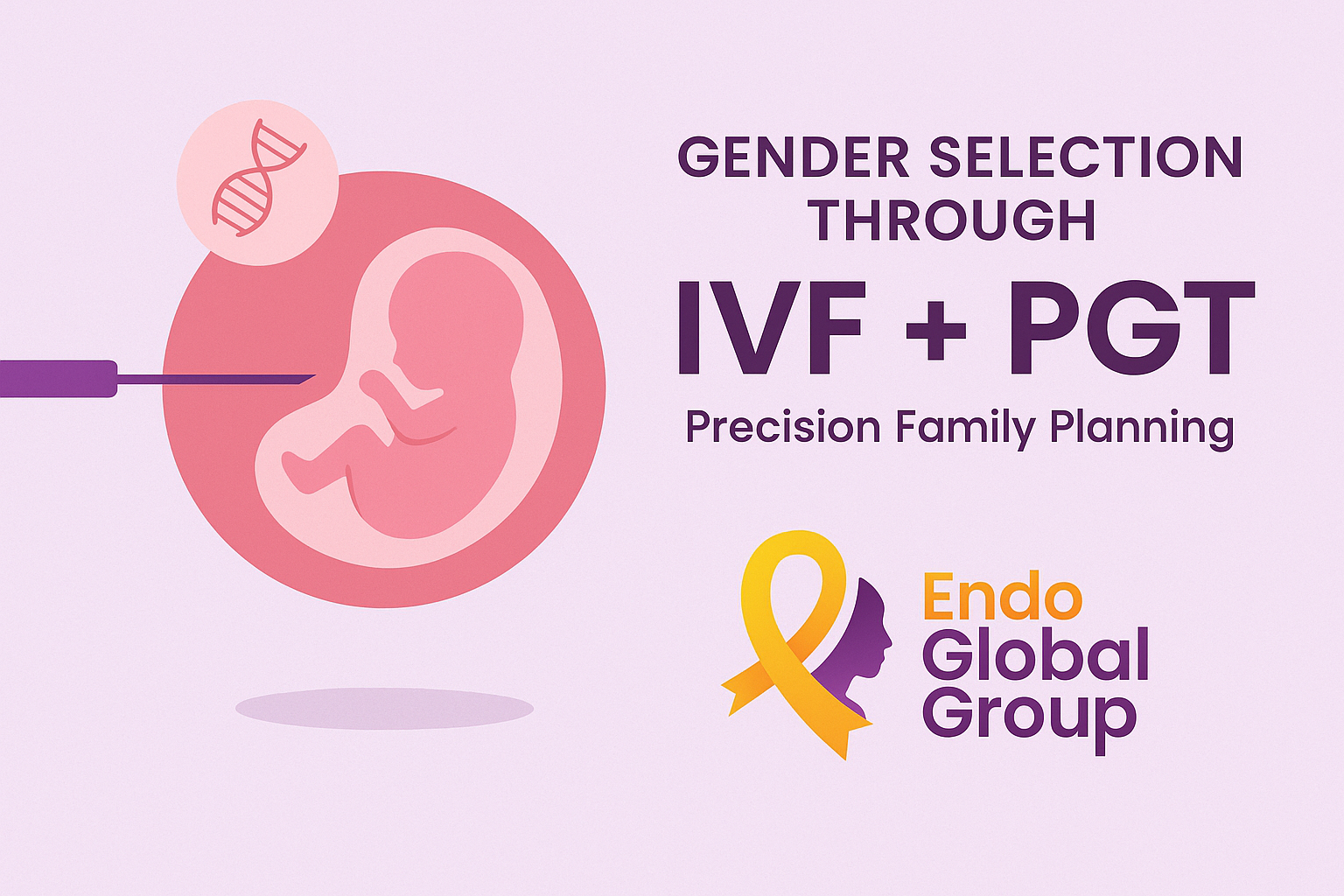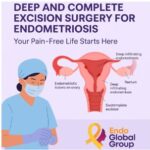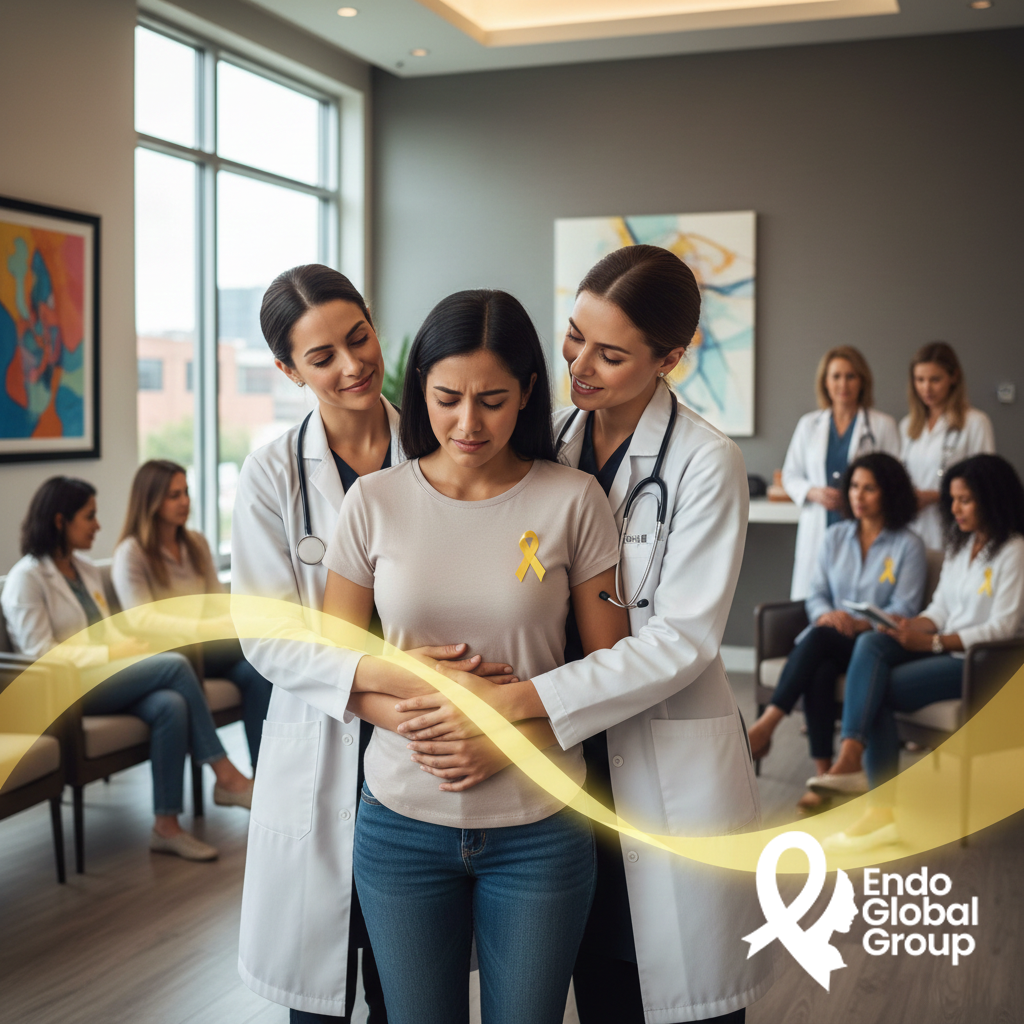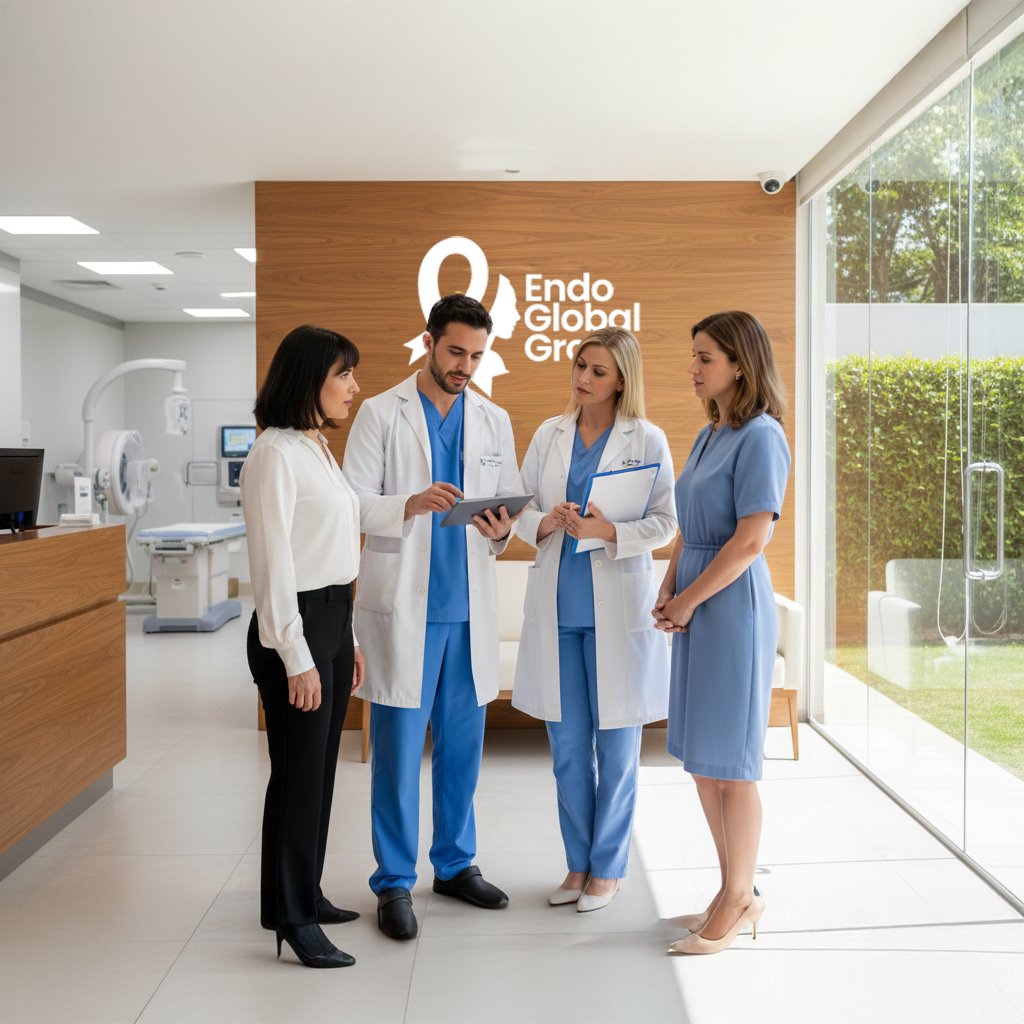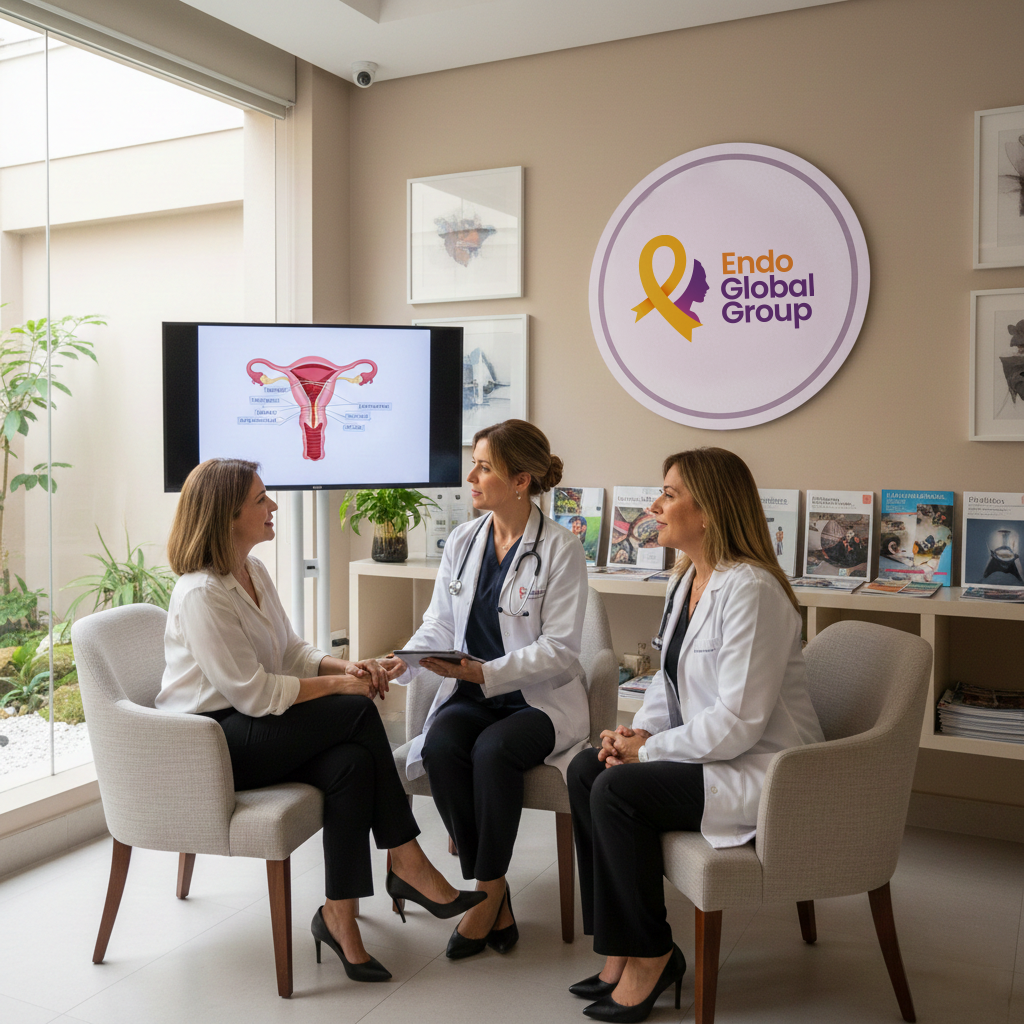“Two women, one dream, one baby—science makes it possible, EndoGlobal Group makes it personal.” Learn how the ROPA method at EndoGlobal Group empowers lesbian couples to share biological motherhood through IVF and advanced reproductive care. Creating a Family Together The ROPA method, or Reception of Oocytes from the Partner, offers lesbian couples a remarkable opportunity: …
“Two women, one dream, one baby—science makes it possible, EndoGlobal Group makes it personal.”
Learn how the ROPA method at EndoGlobal Group empowers lesbian couples to share biological motherhood through IVF and advanced reproductive care.
Creating a Family Together
The ROPA method, or Reception of Oocytes from the Partner, offers lesbian couples a remarkable opportunity: to share both the biological and emotional experience of motherhood. At EndoGlobal Group, we specialize in inclusive, science-driven fertility care tailored to diverse families.
This technique allows one partner to provide the eggs, while the other carries the pregnancy. The result is a deeply shared journey in which both women actively contribute to the creation of their baby.
Key phrase: With the ROPA method, love builds families—science just helps.
What Is the ROPA Method?
ROPA is an advanced assisted reproductive technique that allows two women in a couple to experience biological motherhood together. One partner provides her eggs, which are fertilized in the lab using donor sperm. The resulting embryo is then transferred to the uterus of her partner, who carries and gives birth to the child.
This technique combines genetic motherhood and gestational motherhood into a shared experience—one partner contributes the genetic material, while the other nurtures the pregnancy.
Who Can Benefit from ROPA?
The ROPA method is ideal for stable lesbian couples who wish to build a family together in a fully collaborative and empowering way. It is especially beneficial in cases where one partner has a stronger ovarian reserve and the other a healthy uterine environment. It is also a suitable option when one of the partners faces fertility-related conditions such as endometriosis or diminished ovarian function.
Empowering phrase: ROPA is more than a procedure—it’s a choice to walk motherhood hand-in-hand.
How the ROPA Process Works at EndoGlobal Group
The process begins with a shared consultation and fertility evaluation for both partners. The egg donor partner undergoes ovarian stimulation and egg retrieval under light sedation. Those eggs are fertilized in the lab with donor sperm using intracytoplasmic sperm injection (ICSI).
Embryos are cultured in time-lapse incubators to monitor their development. When they reach optimal quality, one is transferred to the gestational partner’s uterus in a carefully prepared cycle.
Hormonal support follows the embryo transfer to support implantation and pregnancy. Throughout the journey, couples receive bilingual medical care and emotional guidance from our inclusive, specialized team in Tijuana.
Medical and Legal Considerations
To ensure clarity and protection for both partners, informed consent is required before treatment. While Mexican law recognizes shared motherhood in IVF among married or legally recognized lesbian couples, we recommend a legal agreement to solidify parentage and rights. Our team also offers psychological counseling to help partners prepare for the emotional and personal dimensions of the journey.
Advantages of ROPA at EndoGlobal Group
At EndoGlobal Group, the ROPA method is more than a procedure—it’s a shared life project. Both women are equally involved in the process, fostering emotional closeness and co-parenting from the very start.
Our IVF lab is equipped with the latest in embryo culture and selection technology, including time-lapse imaging and genetic testing options. All care is provided in an LGBTQ+ affirming space with compassionate, bilingual staff ready to support every aspect of your experience.
Phrase of trust: We don’t just offer fertility treatments—we build futures rooted in love and equality.
Frequently Asked Questions
Is ROPA legal in Mexico?
Yes, the procedure is legal when carried out in accredited fertility clinics like EndoGlobal Group under proper ethical and medical supervision.
Can we use genetic testing with ROPA?
Absolutely. PGT-A is available to identify the healthiest embryos for transfer, enhancing implantation and reducing miscarriage risk.
What are the success rates?
Success depends on several factors such as age, egg quality, and uterine health. At EndoGlobal Group, clinical pregnancy rates exceed 65% per embryo transfer.
Can international patients access this service?
Yes. We welcome patients from the U.S., Canada, and Latin America, offering virtual consultations, concierge service, and personalized care plans.
Why Choose EndoGlobal Group for ROPA?
We provide tailored treatment protocols for both partners to ensure optimal results. Our laboratory uses state-of-the-art technologies such as next-generation sequencing (NGS) and time-lapse incubators. Our entire team is trained to support LGBTQ+ families with empathy and professionalism.
From medical excellence to emotional care, our mission is to turn love into life through science.
Final phrase: At EndoGlobal Group, we believe that love—wherever it comes from—deserves every chance to become a family.
Article by Dr. Fabián Walters Arballo, Specialist in Reproductive Endocrinology, EndoGlobal Group
Disclaimer: This content is for educational purposes only and does not replace personalized medical consultation.
